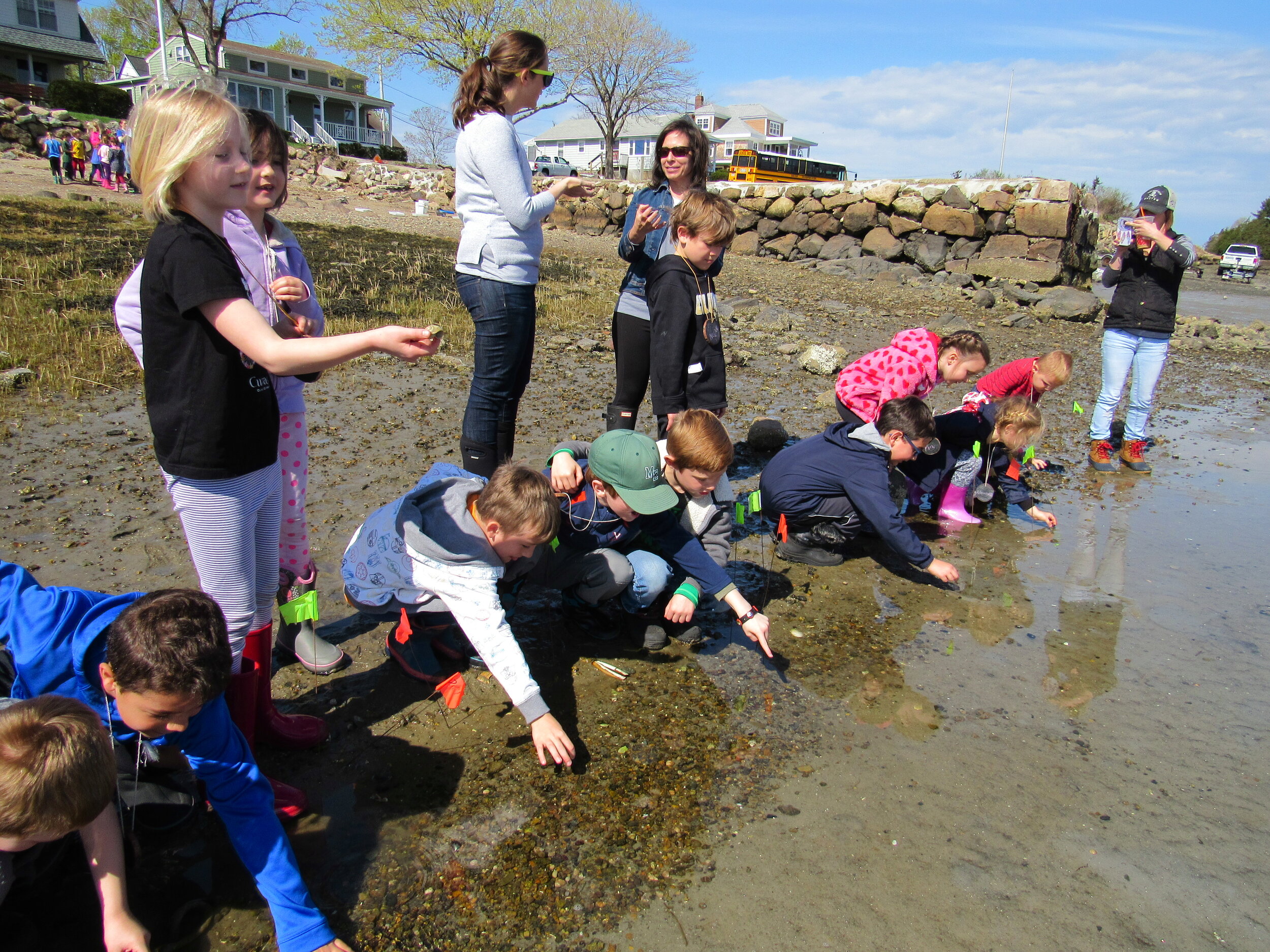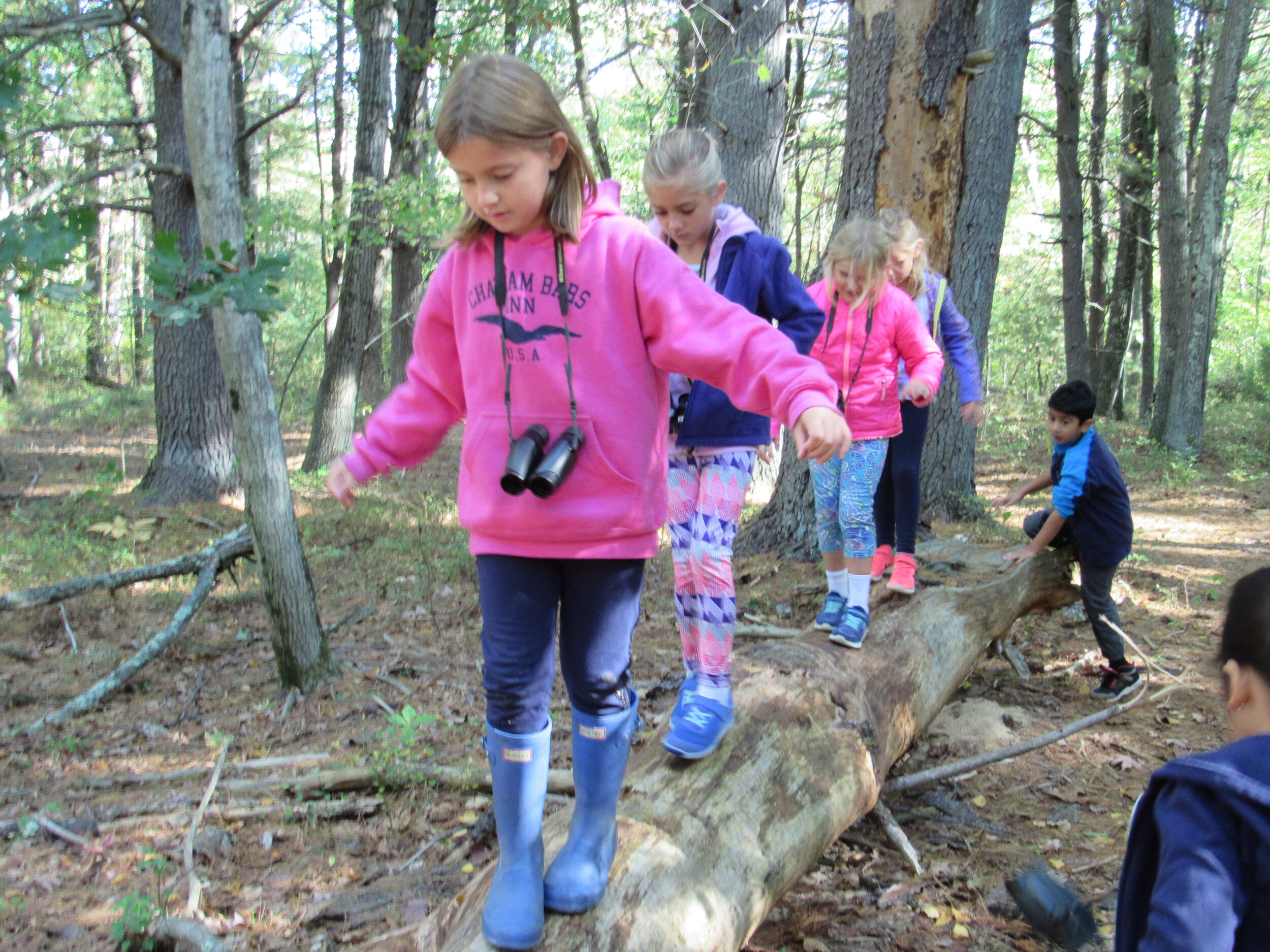Inquiry SCience ADventures for Schools
Real Science in the real world
Scroll to bottom for program offerings
Adventures that connect your science curriculum and the state STE standards with the nearby wilds.
All custom designed to match the wilds near your school, and your requests.
Yes, all of our programs cover STE Standards. Click here to see which standards each program covers.
““Kestrel made possible an outdoor experience that was directly related to our curriculum. Their pre field trip visit gave students practical knowledge in plant identification and a follow-up visit included camera shots of foxes filmed right where we had been. All three visits were very well received by our high school freshmen.“
—Sheila King, Gloucester High School Science Teacher
”
Program Offerings:
(content will be adjusted by grade)
Please note that grade ranges are designed to correlate with STE standards. If your school is not bound by state standards and you would like to choose a program for a grade that is not specified below, we can accommodate this.
Sunny Days (Grades K-1) Experiment with how different surfaces on Earth are warmed and lit differently by the sun. Try some indoor experiments with a simulated sun, and venture outdoors to figure out how the sun affects natural materials, and how animals can respond.
Creature Zones (grades K-2): Observe and compare habitats and how they support the animals that make their living in them. Find and observe creatures up close and figure out where they can best thrive.
Waterway Trackers (grades K-4) Follow a course of water, studying its movement, makeup, and the life within it. Measure the water’s qualities and net for small animals. Figure out how water and life impact each other.
Tideline Explorers (grades 1-3) Visit a place where the sea meets land. Observe the bodies and behaviors of animals that can adapt to daily tidal changes. Compare intertidal habitats and measure the movement of the tides.
Habitat Assessment (grades 2-3): Each student is assigned a local wildlife species in which to specialize. After learning their animal’s specialized food and cover needs, students head into the wilds to assess how well their animal will be supported.
Fitness Challenge (grades 3-4): Students find and compare a variety of living things. Documenting both differences among species and individual differences, students pose their ideas about which are most fit to thrive in the particular place we are visiting.
Tree Guides (grades 3-5): Through multi sensory observation, create a detailed description of a tree species. Draw its features in detail, learning how the different parts work together. Figure out what value the tree provides to wildlife and people. Assemble all the pages to make a guide for future explorers.
Vernal Pond Scientists (grades 3-5) One of our longtime most popular programs. Wade into a pond and find amphibians and their eggs and weird invertebrates. Get up close and conduct an investigation into the wild life cycles and special adaptations of vernal pond life.
Wildlife Camera Monitoring (grades 5-8): Place our wildlife trail cameras in a nearby wild space, or on your own campus, in ideal spots for capturing activity. Analyze your finds to understand the various pieces and interconnections of the ecosystem in your town.
Predator Ecology (grades 6-12): Investigate what predators your surrounding habitat may support. Begin with learning the plants that feed prey, and then connect those to the predators. Use field observations to sketch out an accurate local food web or trophic pyramid.
Ecosystem Mapping (grades 6-8) Choosing either a vernal pond or a forest to explore, document the inhabitants of a local ecosystem. Figure out breeding strategies through egg searches. Design a graphic to demonstrate the interdependence and energy flow among the pieces.
Biomimicry (grades 3-8) Engage in the engineering practice of solving human problems based on models from nature. Learn some animals’ design techniques, then invent a way to apply them to help people.
Custom Design (Grades K-12) Pitch us a natural science topic you would like to study, and let us know what STE standards or content you want to reinforce, and we will design an individualized program that connects with your local ecology.
All Kestrel’s Inquiry Science Adventures
Are carefully aligned with grade level STE standards, and the 8 practices of the NGSS
Include custom designed curriculum support packets for teachers
Are focused on depth of understanding
Develop care for the natural environment through direct connection
Are instructed by experienced professional educators and naturalists with local knowledge and cooperative, empathy - based group management practices
Offer affordable pricing / grant assistance
Why Choose Kestrel?
Research Kestrel’s model is guided by extensive global research on the impacts of environmental education and outdoor learning on academic achievement, well -being, and nurturing conservation action. For research summaries and links, click here.
Authenticity Your students are young scientists. Our instructors are practiced in the art of inviting inquiry into big questions, and are not afraid to delve into the unknown. Knowing they are helping find to answers to questions about the natural world, and becoming holders of knowledge about their own natural neighborhoods, is thrilling for any young scientist.
Highly practiced instructors: Our instructors are all professionals with knowledge and passion about both the natural world and teaching. They understand how children’s brains best integrate knowledge and skills. They have detailed lesson plans, but take their cues from the students. Our plans follow a natural learning process.
Doing science is more effective than learning about science Improving outcomes on standardized tests scores and readiness for higher education depend on skills that best come from a true inquiry process.
Depth As you know, the fundamental concepts of natural science can be hard to fully master. Life cycles have more than three stages. The water cycle can take many forms. Ecosystems are complicated. Investigating real systems generates a depth of understanding that cannot be found in books or boxed curriculum.
Flexibility No matter how much we would like pre plan exactly what all our students learn, as educators we all know this isn’t possible. Everyone learns differently and arrives at understanding and skills via a different route. Our instructors teach children, not just content. Their lesson plans are designed to allow students’ own experiences, ideas, discoveries, and curiosity to lead them to understanding. Instructors listen, question, and challenge, moving their students’ thinking forward.
How Does it Work?
Select a topic below
Your school will be paired with an appropriate field site either walking distance or a short bus ride from your school
You will receive a lesson outline packet and will be invited to give feedback and input
Kestrel instructors lead a 2.5 hour field science investigation
Back indoors (if you choose to add indoor visits), students integrate their own findings into original pieces such as wildlife maps, field guides, or stories.
We offer everything from one day programs to 8 part series programs.
Logistics
One class at a time for indoor visits (up to 25 students)
Up to two classes at a time in the field (up to 50 students)
Boots and other equipment provided when needed
Special needs accommodated












